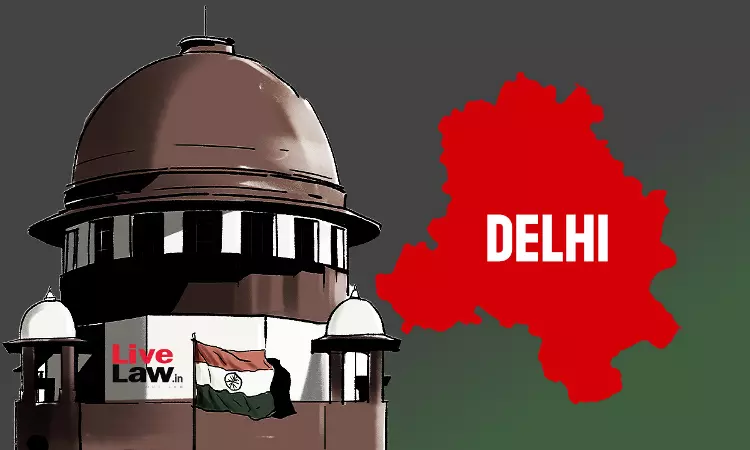Supreme Court Directs Delhi Municipal Corporation To Launch Awareness Campaign On Duties of Waste Generators
Amisha Shrivastava
8 April 2025 4:16 PM IST

Next Story
8 April 2025 4:16 PM IST
The Supreme Court on Tuesday (April 8) directed the Municipal Corporation of Delhi (MCD) to start a massive awareness campaign to inform the public about the duties of waste generators under Rule 4 of the Solid Waste Management Rules, 2016.Rule 4 of the 2016 Rules outlines the duties of waste generators, including residents, street vendors, gated communities, market associations, and...
